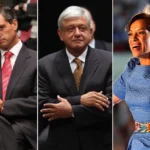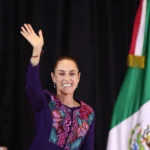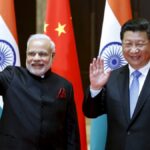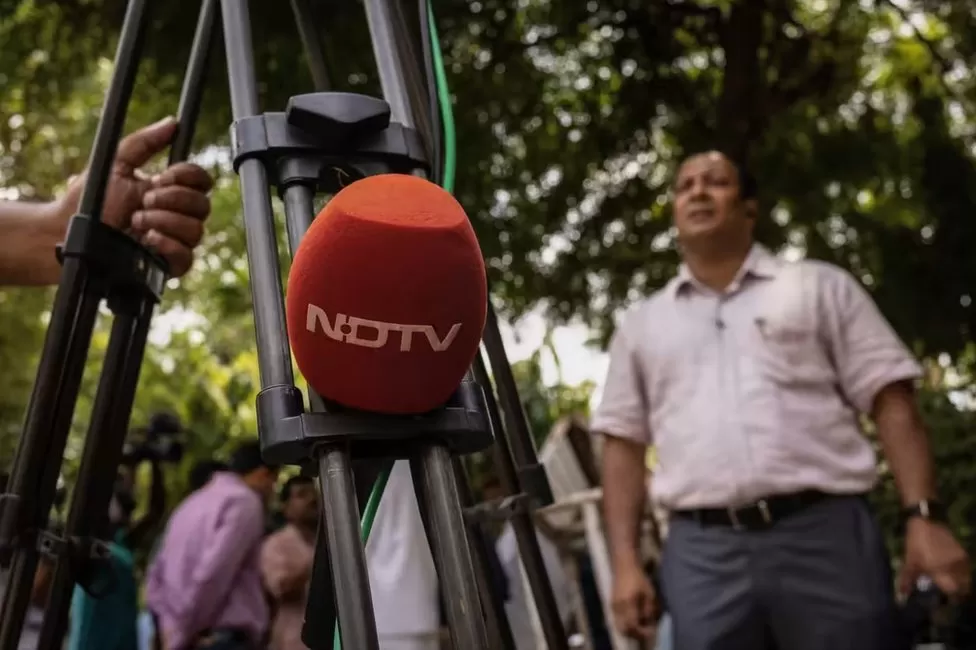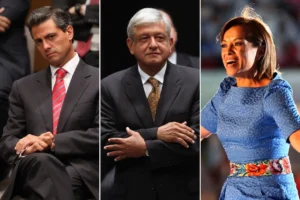Radhika and Prannoy Roy, founders of leading Indian news network New Delhi Television (NDTV), have resigned as directors of a group promoting their company, bringing a conglomerate led by Gautam Adani, one of the world’s richest men, closer to taking over the media firm. The BBC looks at what this means for the future of TV news in India.
Radhika Roy once recounted that NDTV that she co-founded with her broadcaster husband Prannoy Roy was a “happy accident”.
The Roys launched NDTV with a single show The World This Week on the bland state-run Doordarshan in November 1988 with “no grand plan” in mind and “certainly no idea” that it would grow from being a producer of a weekly world news show to India’s first private 24/7 news network and independent news broadcaster.
More than three decades later, the couple’s news channel is changing hands. Gautam Adani, the third richest man in the world – behind Elon Musk and Jeff Bezos – is set to buy NDTV in one the world’s most tumultuous media markets.
Mr Adani, a 60-year-old billionaire who runs a port-to-energy conglomerate, is seen by many as someone close to Prime Minister Narendra Modi and his government. Truth to tell, his “relationship with political and social leaders, across all types of party lines, have made him acceptable to every government,” according to RN Bhaskar, author of a recently published biography of the tycoon.
In March, Mr Adani’s new company AMG Media Networks Limited bought a minority stake in Quintillion, a digital business news company. “The Quintillion investment is too meagre to demand Mr Adani’s attention. So, does he have bigger plans?” wondered Mr Bhaskar in his book.
Now we know. With revenues of around $51m and a modest profit of $10m, NDTV may not be a lucrative buy for Mr Adani, whose sprawling group has a market capitalisation of $260bn.
But NDTV is India’s best-known network that pioneered data-driven vote analysis, morning shows, and a host of tech and lifestyle programmes on TV. Today, it has a robust online presence, claiming some 35 million followers across platforms.
NDTV, the Adani group believes, is “the most suitable broadcast and digital platform to deliver on our vision”. Mr Adani has offered some clues about what the vision is. “Why can’t you support one media house to become independent and have a global footprint? India does not have one single [outlet] to compare to Financial Times or Al Jazeera,” he told the Financial Times.
Critics of the sale are more sceptical. Many regard NDTV as one of India’s few independent news networks, which has stayed away from the shouty jingoism of many of its peers. A study by Oxford University and the Reuters Institute for the Study of Journalism found that 76% of respondents trust information from NDTV.
Mr Adani’s takeover has sparked concerns that this would hurt its editorial integrity. Despite the diversity of media choices, independent journalism in India doesn’t appear to be in fine fettle: the country dropped to 150 of 180 countries ranked in Paris-based Reporters Without Borders’ World Press Freedom Index this year, its lowest position ever. Mr Modi’s ruling Bharatiya Janata Party (BJP) rejects the findings, saying the index adopts a methodology that is both “questionable and non-transparent”.
Source : BBC

